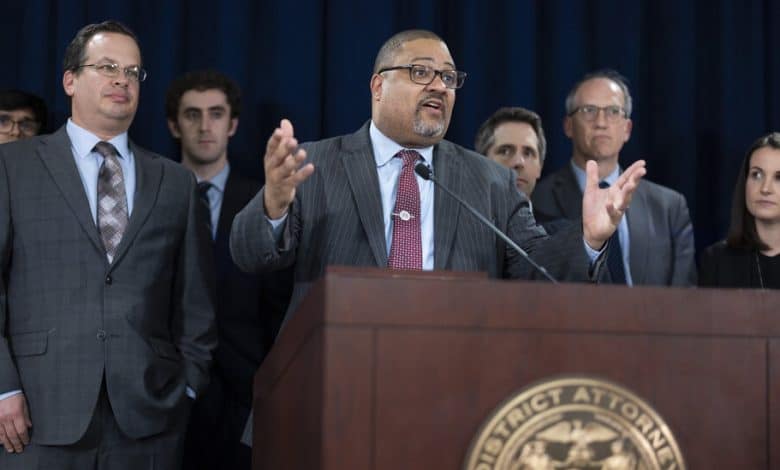I Was Skeptical of the ‘Zombie’ Trump Case. I Stand Corrected.

When it came to the New York prosecution of Donald Trump, I was skeptical.
I was among the commentators who criticized the case. It was old, the so-called zombie case that had been kicking around for years. It appeared to rest on several untested and controversial legal theories. It seemed like a relatively trivial bookkeeping charge, unworthy of a prosecution of a former president.
But I have to hand it to the Manhattan prosecutors. Over the course of this trial, they convinced me — as they clearly and overwhelmingly convinced the jury. There will be an appeal, of course, and Mr. Trump may have some persuasive legal arguments.
But the jury’s quick decision reinforces the district attorney’s view that this was a righteous prosecution and about much more than mere accounting entries.
Every trial is a human story. The successful trial attorney presents that story to the jury in a way that’s internally consistent, supported by the evidence and aligns with the jurors’ life experiences and common sense.
The prosecutors here did a masterful job of telling a compelling story, not of faulty bookkeeping but of criminal election inference. They presented evidence of a criminal conspiracy to influence the 2016 presidential election. It began when a major publishing company, American Media Inc., through its chief executive, David Pecker, agreed to help the Trump campaign manipulate the information that voters received by using unlawful means. Information harmful to the Trump campaign was suppressed, while false stories were spread about his rivals.
That scheme went far beyond the hush-money payments to Stormy Daniels. It included purchasing and suppressing other negative stories (like the one from the former Playboy model Karen McDougal).
